 Madstone
Madstone
Entry Category: Folklore and Folklife - Starting with M
 Madstone
Madstone
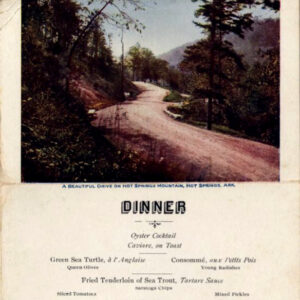 Majestic Hotel Menu
Majestic Hotel Menu
Malnutrition
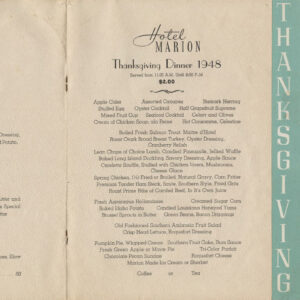 Marion Hotel Menu
Marion Hotel Menu
McClard’s Bar-B-Q
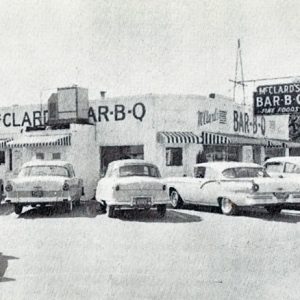 McClard's Bar-B-Q
McClard's Bar-B-Q
McNeil, W. K.
aka: William Kinneth McNeil
Meyer, Rhena Salome Miller
aka: Goat Woman of Smackover
Miller, Nick
Minute Man
 Minute Man Groundbreaking
Minute Man Groundbreaking
 Minute Man Food Truck
Minute Man Food Truck
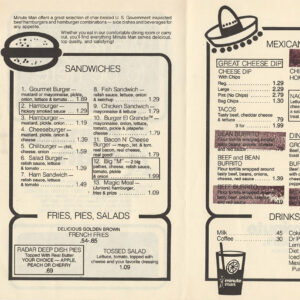 Minute Man Menu
Minute Man Menu
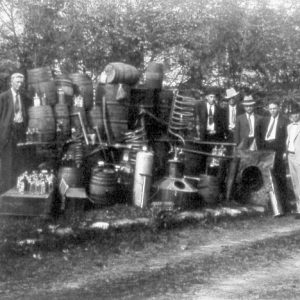 Moonshine Still
Moonshine Still
 Moran Knife
Moran Knife
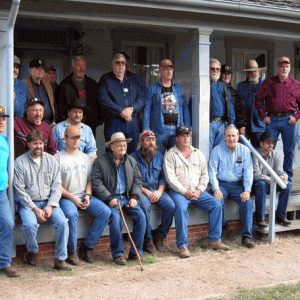 Bill Moran School of Bladesmithing
Bill Moran School of Bladesmithing
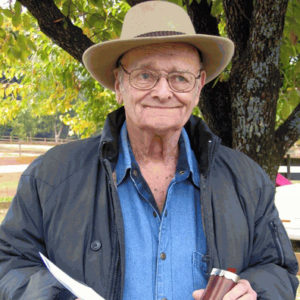 Bill Moran
Bill Moran
 Mount Bethel Winery
Mount Bethel Winery
Mount Bethel Winery
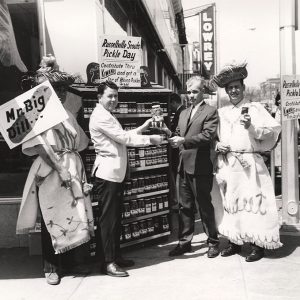 Mr. Big Dill
Mr. Big Dill
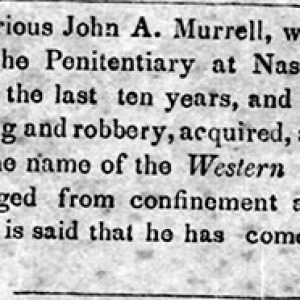 John A. Murrell Article
John A. Murrell Article
Murrell, John Andrews
 Muxen Building
Muxen Building
 Muxen Building Rear
Muxen Building Rear
 Muxen Building Side
Muxen Building Side




